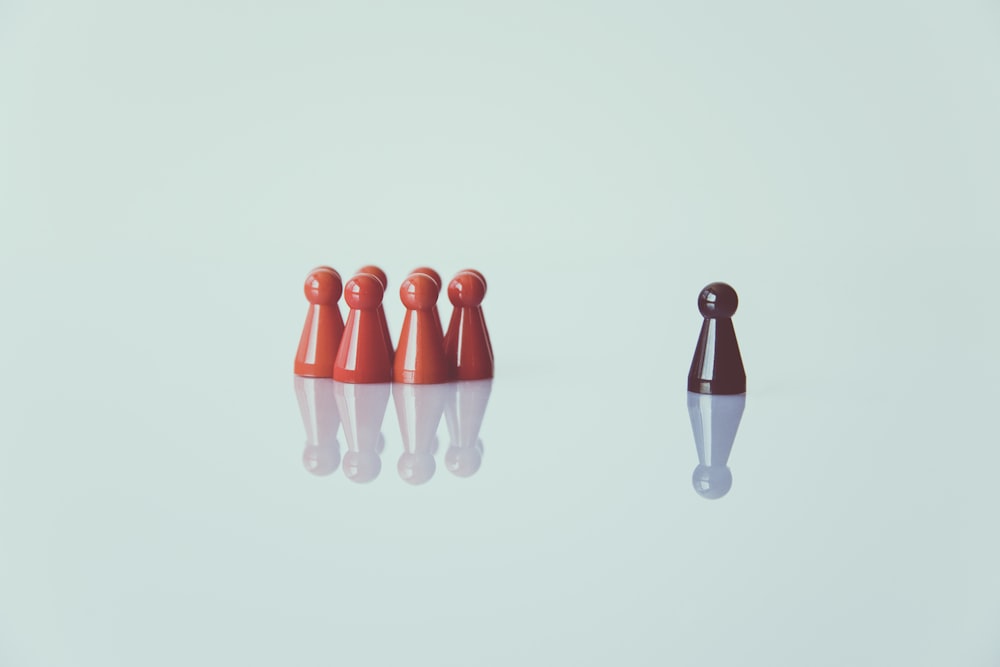Since the rise to power of the Serbian Progressive Party (SNS) and their leader Aleksandar Vučić, democracy and any dream of Western values and lifestyle has eroded away from Serbia. With a clear adoption of corruption at every level of society, and control of media to influence the political beliefs and thoughts of ordinary citizens, Vučić’s Serbia is less of a step away from the nation’s dark history, and more of a leap right back into it.
Corruption is most clear in Vučić’s Serbia in the form of widespread clientelism. The SNS party is renowned for its sublime control of the Serbian citizenry through clientelism. An academic paper in sociology tries to explain the cause for (or as the title of the paper claims, “inevitability of”) clientelism in Serbia: “Today, a highly competitive political system… together with a poor level of economic development (enhanced by economic recession) makes the winning of political power an even more valuable goal that enables parties to control the allocation of public resources in an unconstrained manner… political parties are the main actors that are capturing various state resources, distributing them either to business elites, or to their own electorate in exchange for different kinds of support.” On the ground, it becomes clear that the corruption is exploited to the fullest extent. High-level SNS party members are strategically placed in public firms and institutions and maintain support for the SNS through their institution. They even openly threaten and fire employees over party loyalty.(1) Some unconfirmed data suggests that one in every nine citizens in Serbia is a member of the SNS, which is proportionally greater than the memberships of both the Communist Party in China and Putin’s United Russia Party in Russia. (1)
In addition to widespread clientelism, the regime in Serbia also engages in grand corruption, taking payment from foreign companies and nationals in return for profitable projects that could be set up in Serbia for those companies, such as mining and construction. These projects rarely offer any benefit to the people of Serbia, and to the contrary, usually serve as disservices. From gentrification, to displacement of inhabitants of certain areas, to pollution and environmental hazards, the effects of Vučić’s business on his own people are brutal.
One such instance is the construction of the “Belgrade Waterfront,” a tourist attraction comprising a couple hotels, a shopping mall, and luxury condominiums, all situated on the bank of the Sava river, on the soil of a historic district ‘Savamala’. (2) Paid for by contracts signed with UAE companies as an investment in tourism, this project is of no national benefit to Serbs, and was protested heavily locally. Despite the unpopularity (3) of the project, the worst was yet to come. An issue standing in the way of these construction projects was the fact that historically-significant structures and buildings were already occupying parts of the area. Conveniently, just prior to the construction starting, “…masked people armed with baseball bats and diggers demolished buildings in Savamala… No arrests were made for destruction and many in the public pointed a finger at President Vučić and Siniša Mali, the mayor of Belgrade, as responsible for the acts.” The inhabitants of this region were evicted as construction began on the basis of “small debts owed to banks” and outstanding “electricity bills” and even lawyers who exploited “loopholes to force people onto the street”. (2)
In response to blatant lies on behalf of the government and sheer misuse of power, the Serbian people have showed inspiring ability to coordinate and protest the brutal regime and its plundering of the Serbian nation.
In response to the protests, Vučić has taken significant counter measures which have only provoked more hatred and frustration. Some protests have seen the presence of “hooligans,” masked men sometimes armed with blunt weapons running through the crowd and beating the daylights out of random protestors, though Vučić has publicly declined that these were under his control and even ventured to accuse the opposition as having called them in. Other times, when multiple protests occurred in quick succession and appeared to be gaining traction, Vučić declared mandatory stay-at-home mandates enforced by martial law due to sudden spikes in coronavirus infections. (4)
With such disregard for genuine national interests and a willingness to resort to cheap lies and very dirty tactics to keep his population subdued while he explores his extensive corrupt agenda, Aleksandar Vučić and his SNS Party represent a force of evil, pushing a newly reformed Serbia right back into darkness and disassociation.

(1) https://www.ispionline.it/en/pubblicazione/serbia-milosevic-vucic-return-ticket-27699
(2) https://www.nonviolent-conflict.org/blog_post/corruption-in-the-balkans-an-out-spin-of-the-rise-of-authoritarianism/
(3) https://www.euronews.com/2022/04/04/projections-point-to-victory-for-serbia-s-populist-president
(4) https://www.euronews.com/2020/07/10/serbia-bans-mass-gatherings-in-belgrade-after-virus-lockdown-protests

Andrej, this is a very enlightening piece. Thank you for putting this together. It is clear from your arguments that clientelism is a strong tool for the anti-democratic elite to wield in Serbia – and the measure to which it is used and how effective it is is terrifying. Then, the use of force, mandatory COVID lockdowns, and martial law are all clear examples of democratic backsliding. Thank you for sharing.